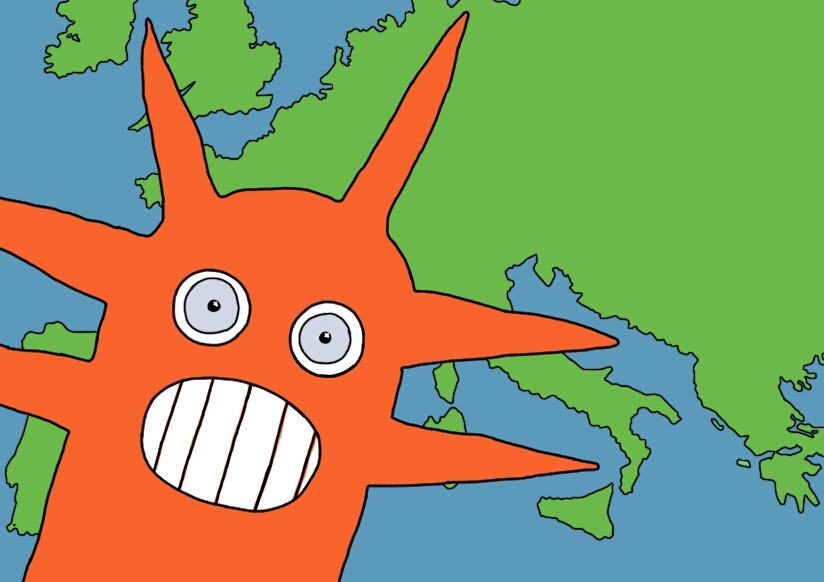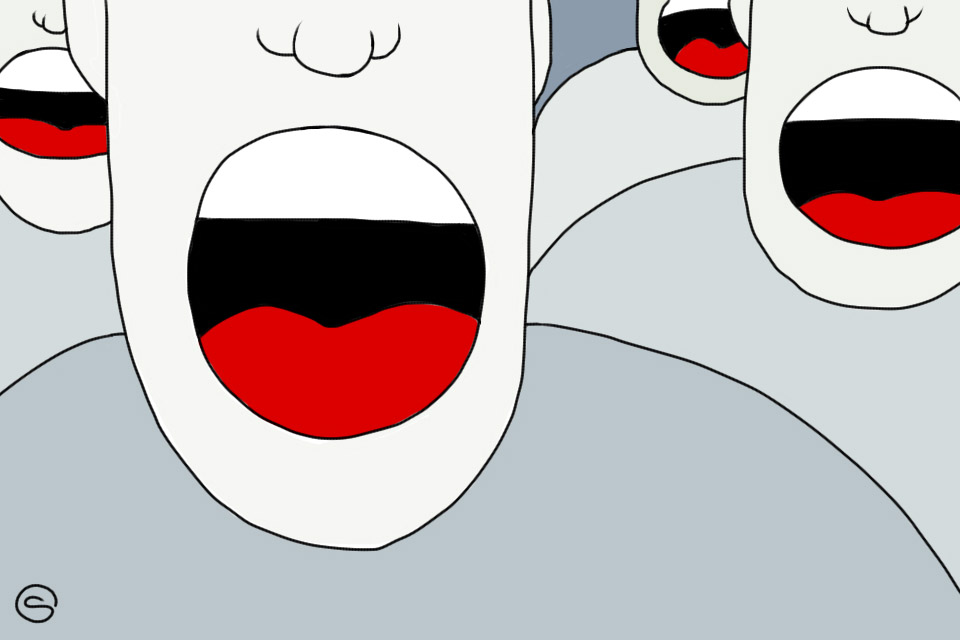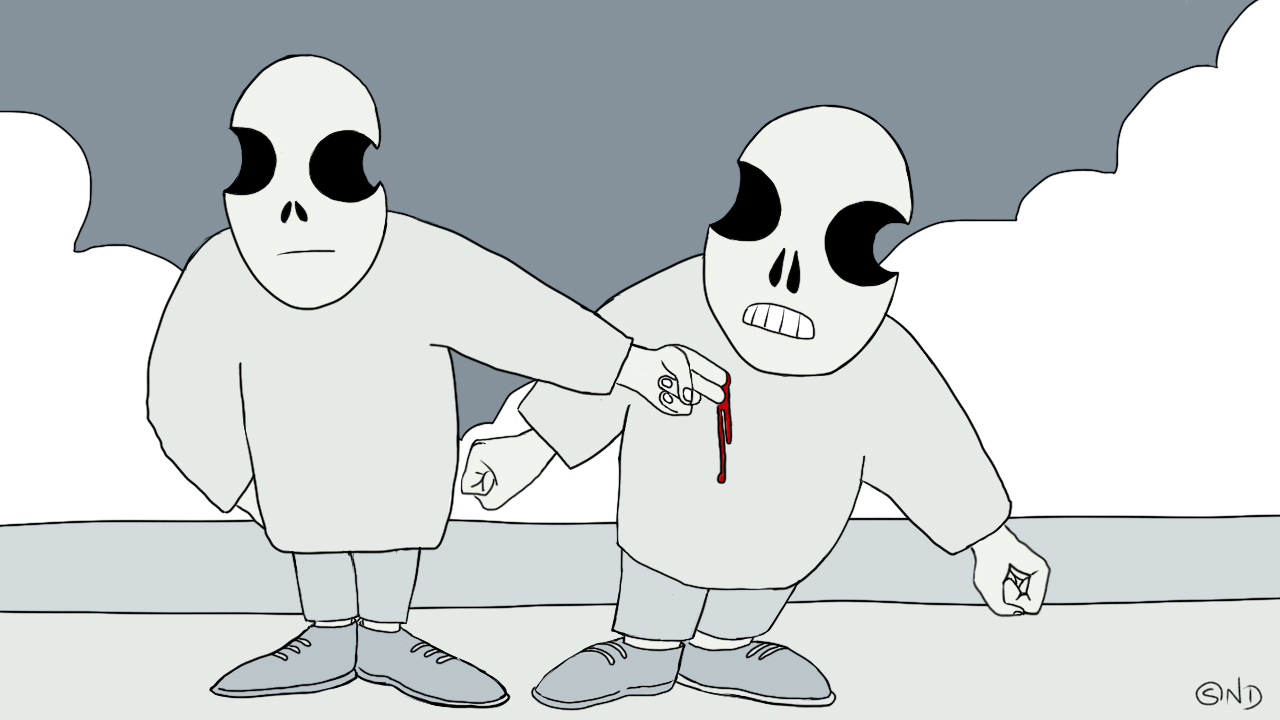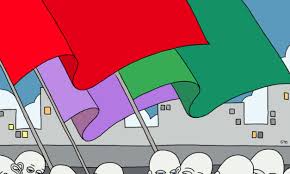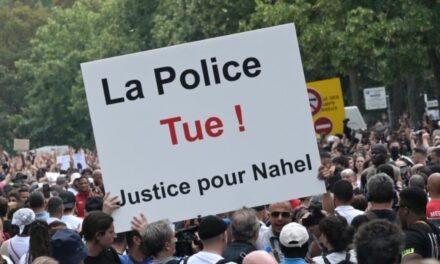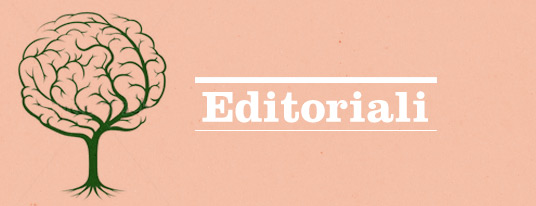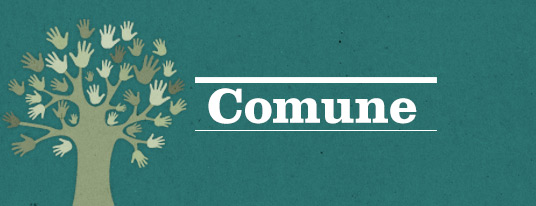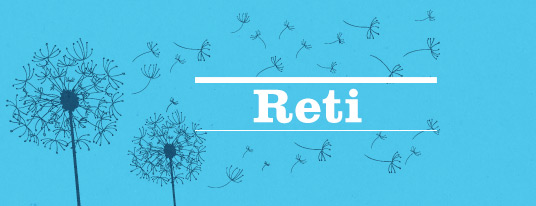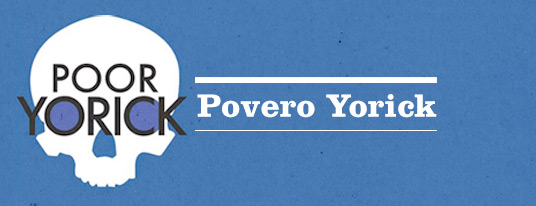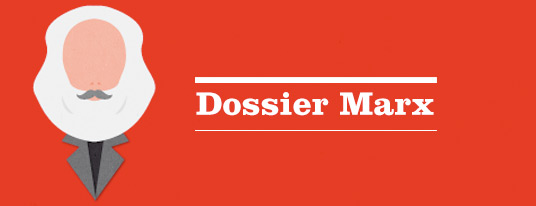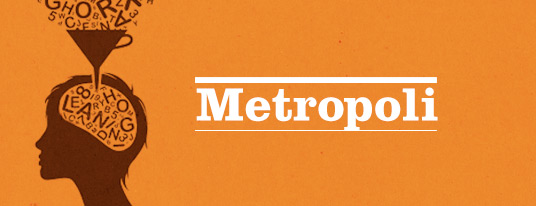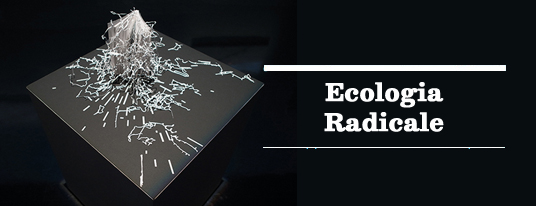by MARCO ASSENNATO and TONI NEGRI.
1. Can Europe survive the current wave of racism and nationalism? The scariest thing about it is the specter of a far right and a residual left united in the fight against a European project. This is scary because in fighting for the advancement of the European ideal and the transformation of European institutions, we risk being squeezed into the center of the political spectrum. On one hand, we risk mistaking our fight for a particular idea of Europe with support for austerity. Another risk, one that is fast encroaching, takes shape in a new intergovernmental paradigm, marked by a politics of security and repression, by building walls, by closing borders, by racism and violence. The constant calls for revision of the Schengen treaties allude to precisely this: the sovereignist challenge to the Euro does not aim to do away with this neoliberal instrument. On the contrary, it points to an unprecedented construction of Europe that combines the heavy-handed action of individual states on the biopolitical body of production and a thinly veiled fundamental unwillingness (or incapacity) to act on the dynamics of financial governance of debt – which, to be clear once and for all, could easily reorganize itself into a pluralist monetary regime that mirrors the power relations among the various national governments.
2. Given this situation, we wonder whether it’s possible to construct an assemblage of struggles that enhance workers’ rights and help develop a federalist project. This is what nationalists and proponents of state sovereignty oppose. Both the European People’s Party and the social democrats, intimidated by this wave of racism and nationalism, refuse to act on this front. In spite of their urgent obligation to “government of the Union”, they fear any step forward, in part because no step forward is possible without introducing forms of participation and democratic decision-making across the continent, something which would inevitably change the political makeup of the EU and decisively alter its policies. Democracy means putting into question that ‘auto-pilot’ on which, according to Mario Draghi, every single European country operates. The UK government saw this problem and is thus reinforcing its own project (which it also shares and coordinates with the US) to block any real European constitution, thereby decisively thwarting our European project. Cameron has begun laying out his conditions for avoiding a Brexit: ending any majority vote in the EU; and much more than that, rejecting any decision, majority or otherwise, made by governments of the Eurozone; a Europe of many currencies (vigorous protection of the UK exchange rate); a ban on any federalist project, etc. This preclusion of any move in the direction of a federalist project is joined by hateful proposed legislation and policies against migrants and against any measures that could even out salaries across Europe. And so the question of whether any progress can be made toward a federal, democratic Europe is a question about whether we can muster the powers necessary to break with the UK, to bring about a Brexit. But is that possible given the current state of affairs?
3. This also the fertile ground on which the neofascist nationalist movements across Europe are proliferating. They see Europe as occupied territory, reduced to a collection of provinces governed by powers that reside and deliberate “in Berlin, in Brussels or in Washington:” this is the image that Marine Le Pen wished to convey on October 7th to “Vice-Chancellor Hollande,” repeating the mantra of defending “the sovereignty of the French people” from this invasion. Once again, this is also the point for Italy’s Lega Nord under Matteo Salvini, and for much of the Five Star Movement. The threat of invasion, the thinking goes, implicates political institutions as much as national identities. Both are subjected to a trial by ordeal represented by a new barbarian invasion launched from the world’s southern shores. But wasn’t it a claim of total sovereignty with which Hollande sought to oppose Le Pen (granted while stressing that political decision-making can only be exercised by individual democratic states where compatible with the EU framework, as determined by the latter…)? And how much national sovereignty went into the drafting of the “Plan B” that Jean Luc Melenchon tried to launch in Paris? The Front de Gauche’s goal appears to be to reconstruct a space for action for EU member states, as if single actors could be a decisive political force at the European level. By this route, what’s left of the rotting corpse of the so-called left has no choice but to make way for neofascism. There are those who think that the right is the only force capable of overthrowing the financial dictatorship. On the contrary, we believe that the only way to win this daunting battle and break from the current economic regime is through a radical critique of any nostalgia for state sovereignty. A line from the Ventotene Manifesto is useful here: “The time has now come to get rid of these old cumbersome burdens and to be ready for whatever turns up, usually so different from what was expected.”
4. The fight against all brands of nationalism and sovereignty movements is therefore essential. In addition to the UK, the countries of Eastern Europe play the national sovereignty card. It’s a reactionary card with the basic purpose of maintaining power, in the fear that, outside of nationalism, the powers of the right are no longer capable of defending the interests of unearned income and financial capital. Fighting nationalism and sovereignism, in defense of democracy, means building class struggle, and more than that. It can also mean breaking down the hierarchy of social and labor divisions in Europe. Nation-states now function merely as mechanisms of a social control – finely tuned to the realities on the ground in the individual countries –, and as instruments of coercive mediation.
By fighting nationalist movements that focus on sovereignty (which are really just manifestations of ideological nationalism, emptied of any sovereign efficacy), it is possible to unify the European project with struggles against austerity and for an alternative economic development. At this stage, the struggle against nationalism means imposing on the European Central Bank quantitative easing to support those countries which the Troika’s austerity policies have devastated most.
5. We are faced with the necessity of making a new reading of and building a new project of internationalism – and of doing so first and foremost in Europe and for Europe. It has been said that we find ourselves in a period characterized by persistent stagnation and, in all likelihood, by the imperialist geopolitics formed after the fall of the Berlin Wall. We don’t know if the standoff between East and West can reconstitute itself into a schema which, as reactionaries would have it (Republicans in the USA, nationalists in Russia, etc.), replicates that of the Cold War. The world is now globalized and the “cold war” schema appears impossible to revive. Only a “hot” war could break the bonds holding the current world order together. But what about the sovereign rigidities that ostensibly legitimize it? And what could determine a redistribution of powers on the global scene? If not a great war that would destroy the world, then myriad “small wars” producing an international state of affairs characterized by relatively homogeneous regions (China, Europe, Latin America, USA, Russia). This appears to be where we are headed. None of these represents a desirable outcome. In order to oppose these prospects, we must build a new internationalism – better still: rebuild an alter-globalization movement that unites struggles against the sovereign nation, the peace movement and opposition to financial capital. These fights must go hand in hand. Class struggle today is about interpreting this complex of struggles. And it is within the framework of class struggle that we should develop our own initiative to imagine and produce new common institutions, united in the fight for Europe.
*Traduzione di Graham John Trim.

